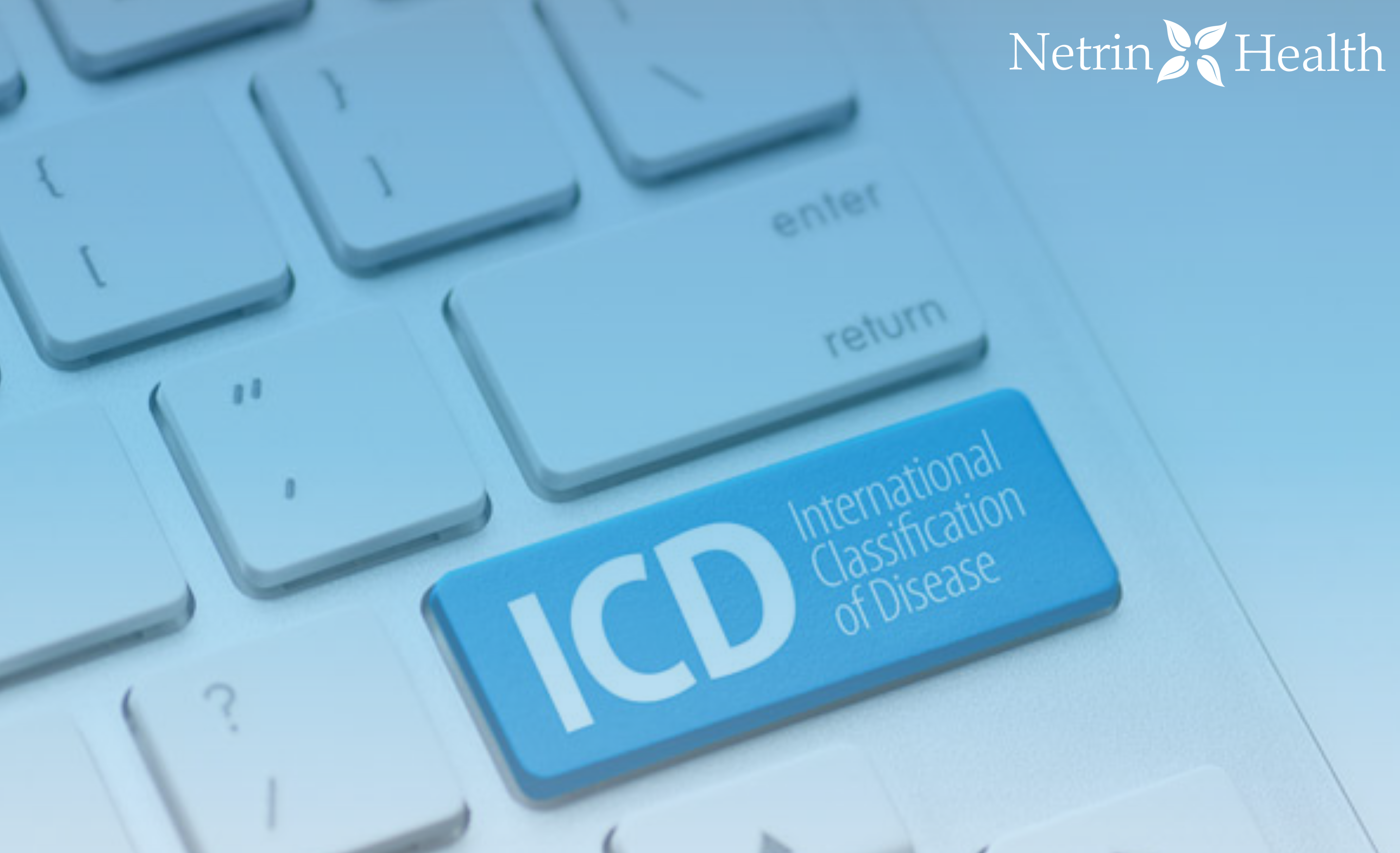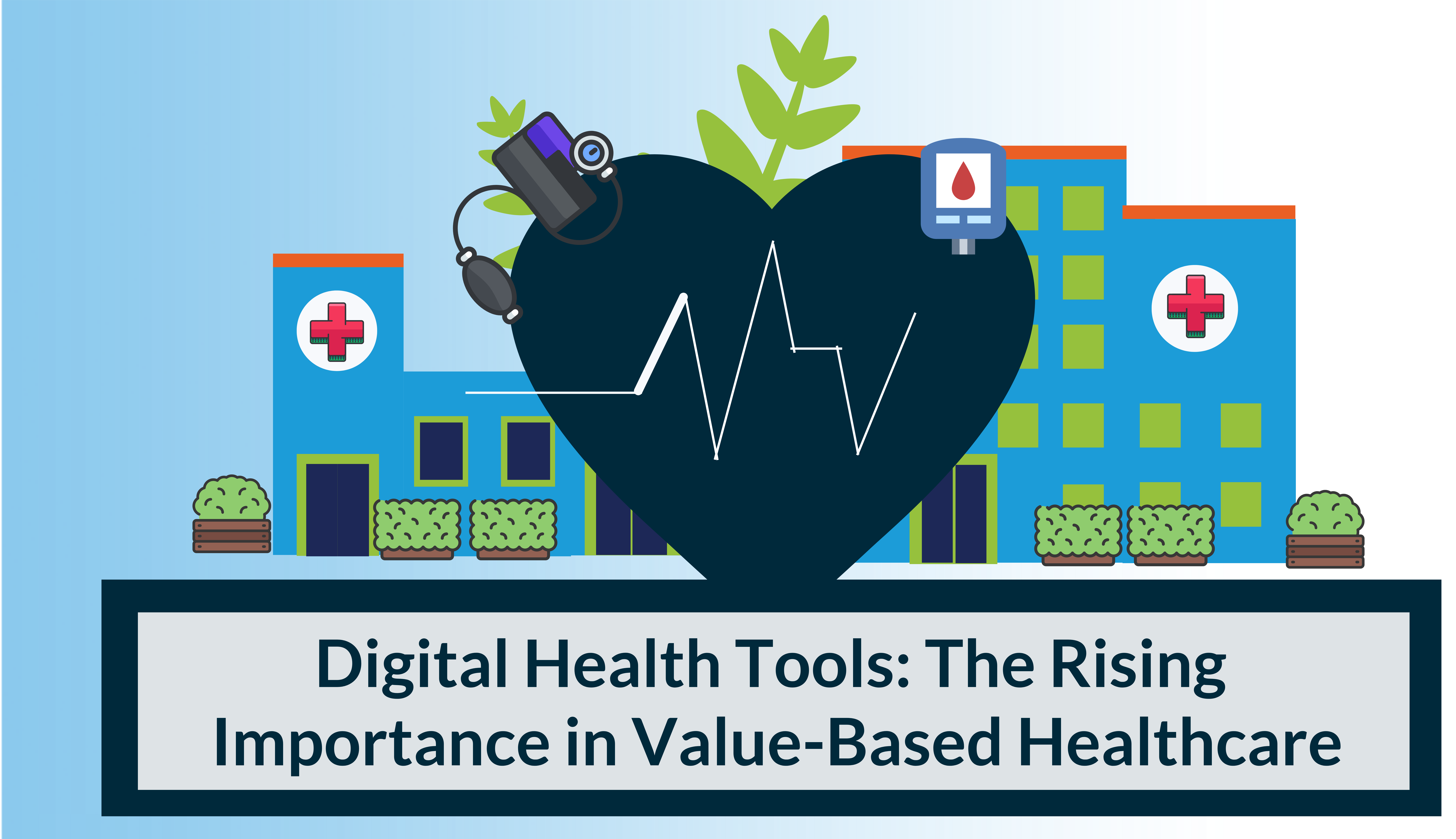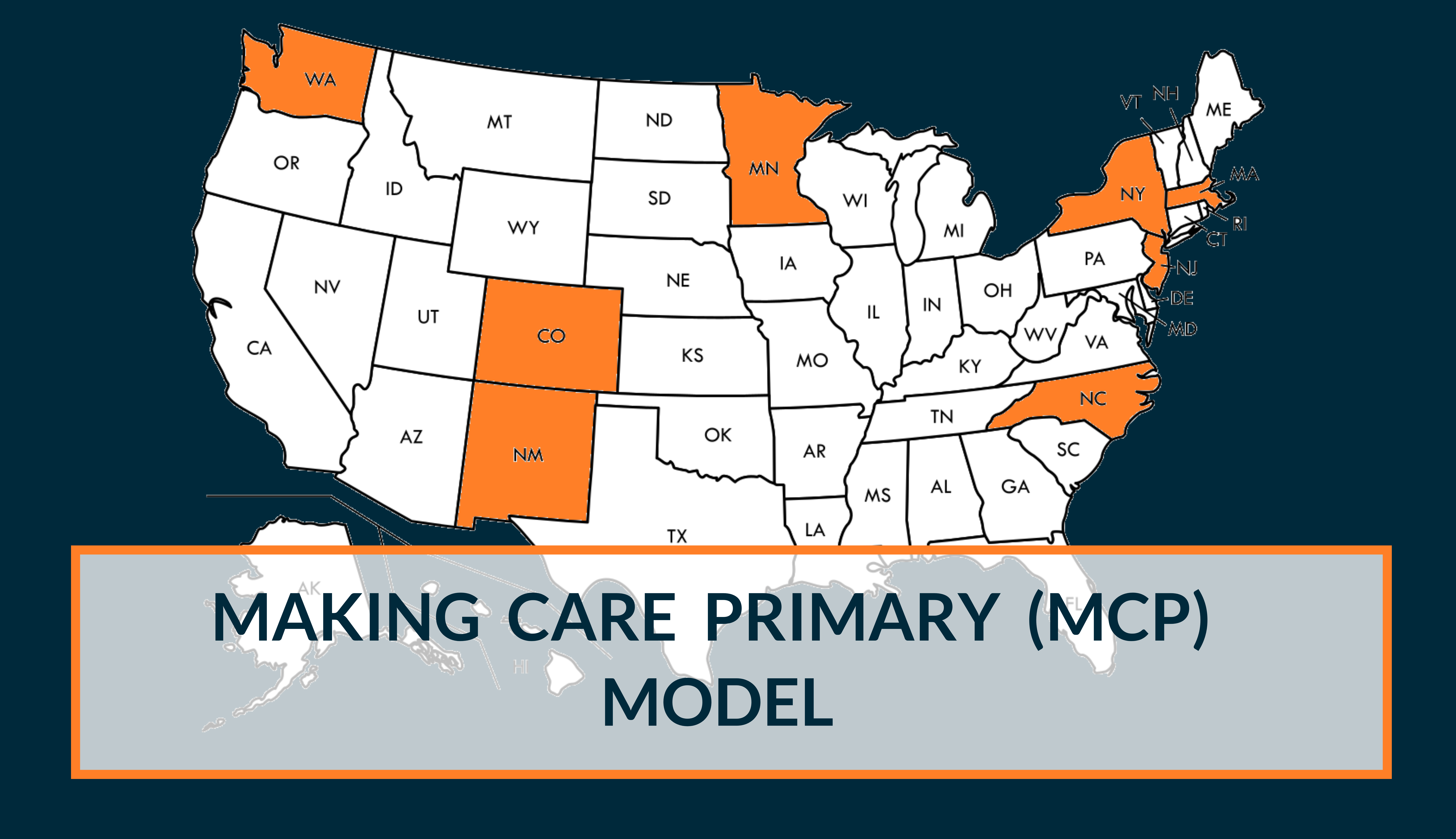Posts Tagged ‘Accountable Care Organization’
Integrative and Lifestyle Medicine: A Rising Approach to Holistic Health
Integrative and lifestyle medicine combines traditional medical practices with evidence-based lifestyle changes to promote overall well-being. This approach has gained significant popularity and recognition, particularly after the COVID-19 pandemic, as people seek more holistic ways to maintain their health. Research indicates that these methods can improve outcomes for various chronic conditions by addressing the root causes rather than just the symptoms.
Read MoreDriving Healthcare Forward: Insights from our Practice Transformation Summit
On May 4th, 2024, we at Netrin celebrated the success of our inaugural Practice Transformation Summit, a significant milestone in our mission to revolutionize healthcare delivery. Our event brought together primary care physicians, industry experts, and healthcare stakeholders to drive forward the vital transformation in healthcare practices.
Read MoreUnderstanding the Importance of Diabetic Eye Exams
Diabetes patients are at risk of developing diabetic retinopathy – an eye disorder that can lead to blindness and vision loss. Diabetic patients must undergo a full eye examination, which includes a retinal exam, once a year.
Read MoreThe Shift to eCQM Reporting – Is Your ACO Prepared?
Post the 2024 performance year, The Centers for Medicare and Medicaid Services (CMS) plans to transition entirely to digital quality measurement, requiring the reporting of eCQMs for all patients, payers, and health practices.
Read MoreHCC Coding: How It Drives Success in Value-Based Care
An inadequate understanding of HCCs may hinder healthcare providers in their efforts to maximize reimbursements and succeed in value-based care models. Read our blog to learn about how healthcare organizations should go about improving their understanding of HCC coding and optimizing their success within value-based care models.
Read MoreRemote Patient Monitoring for Revolutionizing Cardiac Care
Given the prevalence of chronic cardiac conditions among the American population, the majority of healthcare providers are already involved in the care of patients with cardiovascular disease or those at risk. Lowering blood pressure through effective management not only improves the overall health of patients but also significantly reduces the likelihood of further cardiovascular events, enhancing their quality of life and long-term prognosis.
Read MoreDigital Health Tools: The Rising Importance in Value-Based Healthcare
In the ever-evolving landscape of healthcare, the fusion of technology and patient-centered care has given rise to a revolutionary approach known as value-based care.
Read MoreUnderstanding the Making Care Primary (MCP) Model
The Centers for Medicare and Medicaid Services (CMS) have recently introduced the Making Care Primary (MCP) Model – an initiative centered around primary care, aiming to fortify its foundation and address community requirements. This model represents a significant shift in CMS’s approach to value-based care (VBC) and holds the promise of substantially enhancing health outcomes.
Read MoreCAHPS® – What It Is and Why It Is Important
The Medicare Consumer Assessment of Healthcare Providers and Systems (CAHPS®) program is a multiyear survey initiative to support and promote the assessment of consumers’ experiences with health care.
Read MoreWhite Paper: Transitional Care Management (TCM) for Value-Based Care
To handle patient care transitions more effectively, Transitional Care Management (TCM), a program run by Medicare, places a strong emphasis on coordination and communication. After a hospital discharge, TCM might be used to lessen the probability of readmission.
Read More









